TREATMENT THERAPIES
Oasis River Recovery's group therapy combines evidence-based treatment with a supportive, peer-centered atmosphere. By participating in group therapy, clients can work toward self-acceptance by sharing their experiences and emotions while listening to other group members.
Since isolation and shame are common outcomes of substance use disorders, connecting with others with similar experiences can help overcome these negative feelings. At Oasis River Recovery, we offer a supportive environment where individuals in substance abuse treatment can be open and vulnerable, learn effective coping mechanisms, develop social skills, and practice more effective communication.
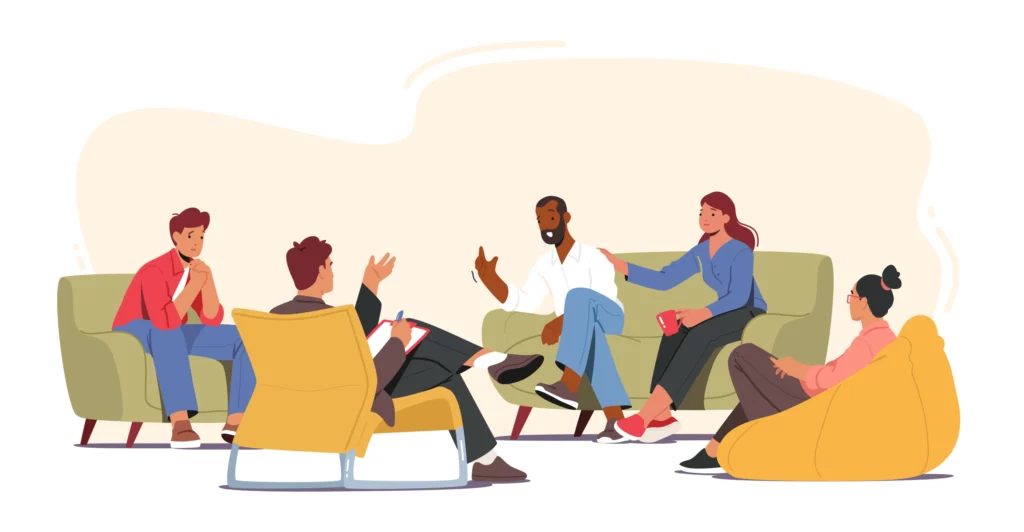
Group therapy is one of the foundations of addiction treatment because it provides a supportive and caring community. Isolation is a common symptom of addiction, which can cause individuals to avoid relationships due to shame, guilt, and fear of judgment. However, such behavior can become the norm, making it necessary for people to redevelop communication and relationship skills through group therapy sessions.
Without these skills, it can be difficult for individuals to assimilate back into society and receive the necessary support for addiction recovery. Isolation or alienation after leaving a treatment center can lead to relapse. Developing, maintaining, and expanding a support system through group counseling allows individuals to obtain the motivation and accountability required to remain sober.
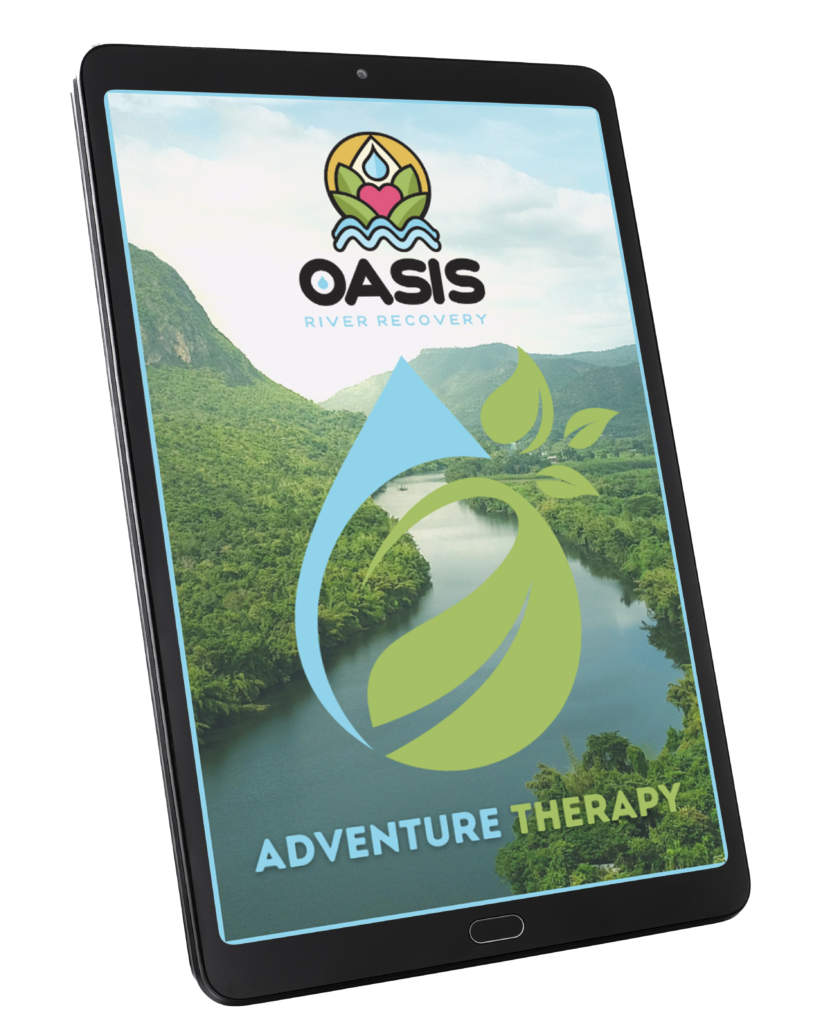
There are a few different group therapy models used in treatment programs, each focusing on a different part of the recovery process. These include:
Psychoeducational groups
During psychoeducational group sessions, you'll learn about addiction and mental health issues. Group topics may include addiction as a disease, medications, medical and mental health conditions, trauma, strategies to avoid relapse, and different aspects of leading a healthy life. In the end, you'll be encouraged to relate the discussed topics in group therapy to your personal experiences and challenges.
Interpersonal process groups
The focus of interpersonal process groups is on the problems, dynamics, and issues of each member of the group. In these groups, you can present a particular problem and receive feedback and suggestions from your peers. These groups typically serve as a miniature representation of your interpersonal relationships outside of treatment. You might encounter similar patterns and dynamics with the group members as you do with your loved ones and family, which can help you work through interpersonal issues and develop more effective communication skills.


Skills development groups
In skills development groups, you'll receive training on relapse-prevention techniques and valuable daily life skills. These may include learning how to decline offers of drugs, enhancing your communication abilities, anger management, utilizing relaxation techniques, and coping with urges and triggers. Through these groups, you'll have the opportunity to regain former skills that may have been lost or hindered by addiction and acquire new ones.
Cognitive–behavioral/problem-solving groups
Cognitive-behavioral and problem-solving groups use various approaches to assist participants in identifying thinking and relational patterns that may lead to self-destructive behaviors. These groups focus on building problem-solving and coping skills abilities, establishing objectives, and recognizing behaviors and emotions that can trigger substance abuse.
Support groups
The primary focus of support groups is on managing daily life and sustaining sobriety when confronted with obstacles outside the treatment center. These groups are usually led by another group member and offer valuable peer support and a sense of responsibility, particularly during the initial stages of recovery. Examples of support groups include alcoholics anonymous and narcotics anonymous.

Oasis River Recovery strives to provide a unique recovery program unlike anything offered in the area. By incorporating evidence-based treatment, experiential therapy methods, and holistic healing modalities, we've created a program that blends into our location's natural beauty
There are six main benefits of group therapy.
You're not alone
Individuals with substance use disorders can feel isolated, depressed, and ashamed because of their drug use or alcohol addiction, or their actions under the influence. However, group discussions provide relief by showing them they are not alone in their challenges.
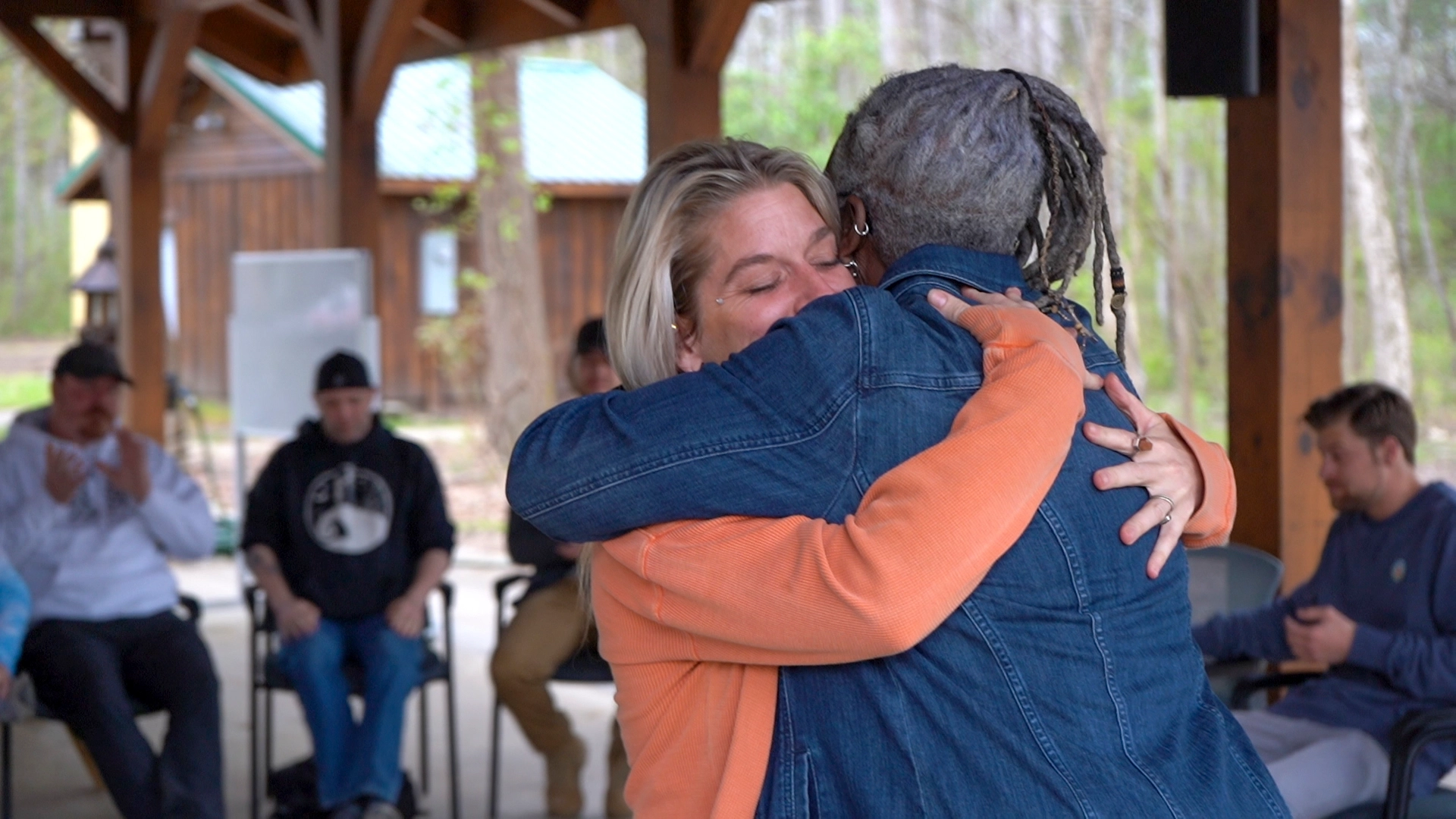
You'll feel connected
Group therapy helps individuals realize they are not alone and fosters a sense of connection to others, which is crucial in overcoming addiction. Building genuine connections in a group therapy setting can provide a sense of purpose and alleviate stress. These connections have practical benefits, as individuals are more committed to the group process and are less likely to relapse when they feel accountable to others who have listened, supported, and understood their struggles.
You'll improve interpersonal skills
Group therapy provides a unique opportunity to improve communication skills by actively engaging in listening and understanding. Often, poor communication skills can have negative consequences in various areas of our lives, leading to interpersonal conflict and stress. In group therapy, individuals can sharpen their listening and empathy skills while learning to communicate more clearly.
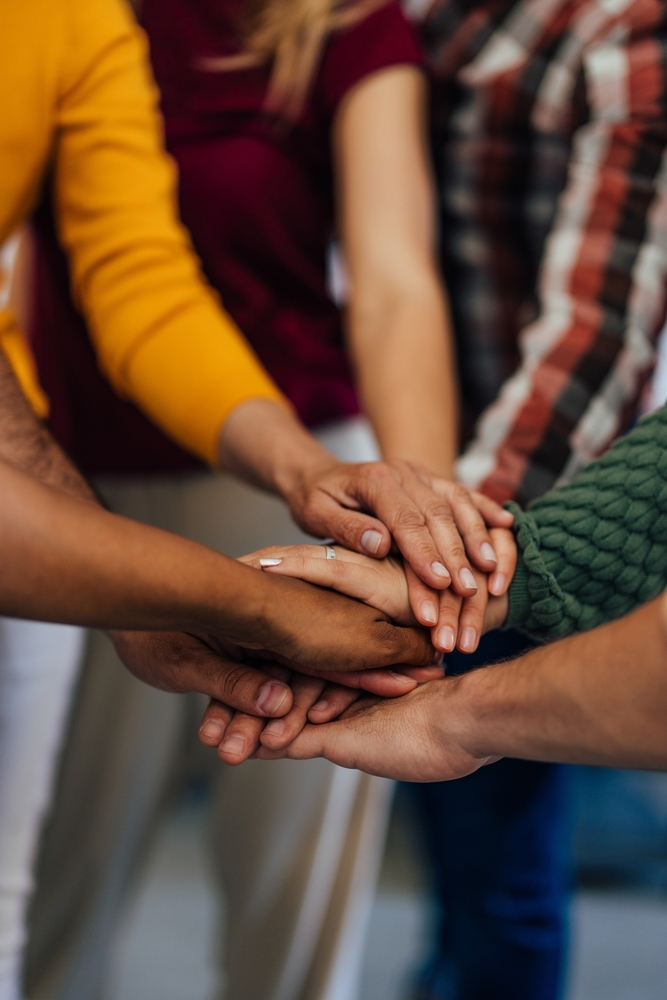

You'll get feedback
Group therapy provides a unique opportunity for self-understanding through feedback from group leaders, new members, and long-term sober individuals. Unlike individual therapy, where feedback is limited to the therapist's perspective, group therapy offers a broader range of opinions and experiences. When multiple group members provide similar feedback, it can be more effective in helping you recognize and address problematic behaviors.
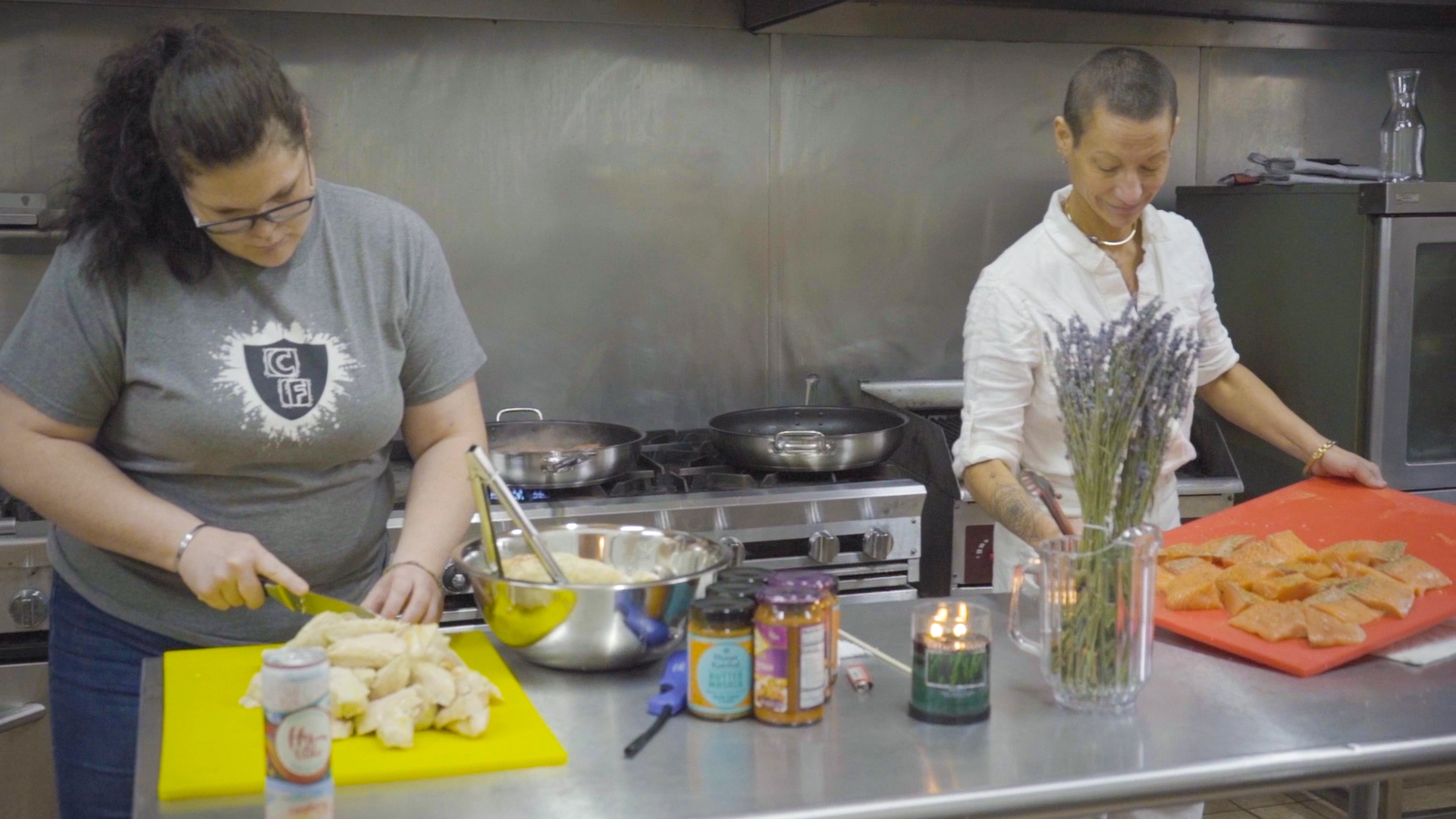
You'll practice new skills
Group therapy offers a chance to learn and practice new cognitive and behavioral skills, which are essential to addiction treatment. While it can be challenging to put these skills into practice in real-life situations, group therapy provides a supportive environment for experimenting with new ways of thinking and interacting. For instance, if you struggle with assertiveness, group therapy gives you a space to practice this skill. Some forms of therapy, such as dialectical behavioral therapy, even have a practice element built into the program to help clients overcome certain conditions.
The group therapist will see how you interact with others
In individual therapy, the therapist typically relies solely on the client's self-reporting, which can be biased or incomplete. However, in group dynamics, the therapist can observe the client's interactions with others and gain valuable insight into their interpersonal behavior.
If you or someone you know can benefit from group therapy or addiction treatment, contact Oasis River Recovery. Our team of compassionate staff is dedicated to finding the treatment program that works for you. Whether you need outpatient or PHP (partial hospitalization program) treatment, our Oasis River Recovery is the perfect place to deal with drug abuse, behavioral health issues, and alcohol addiction.